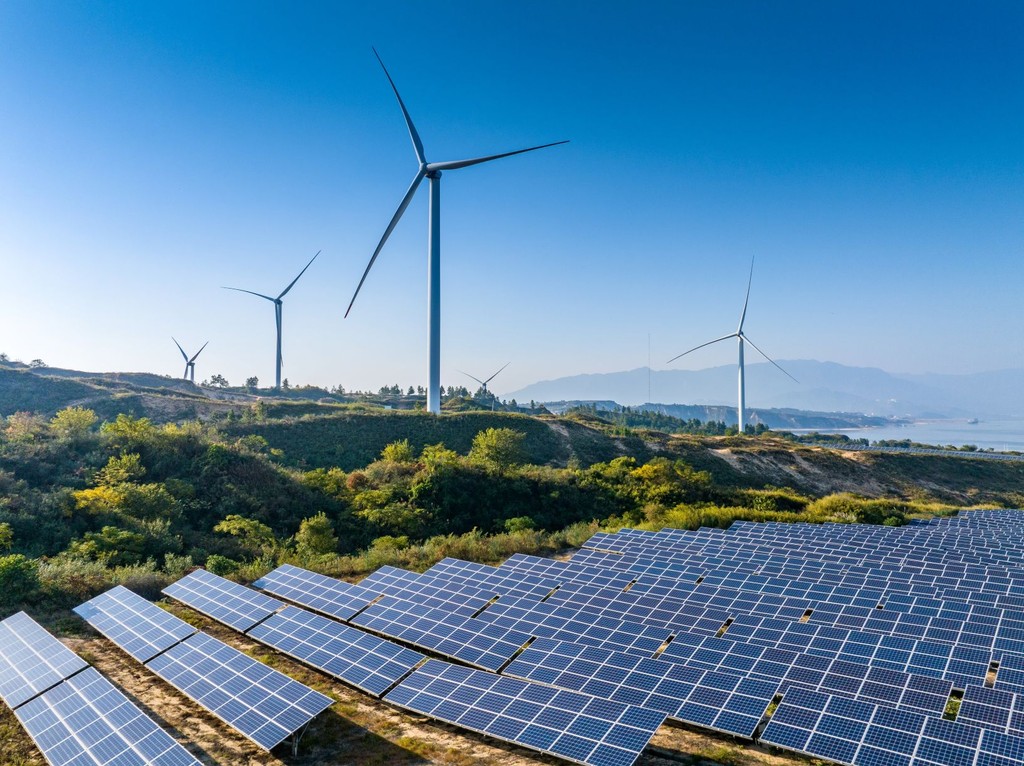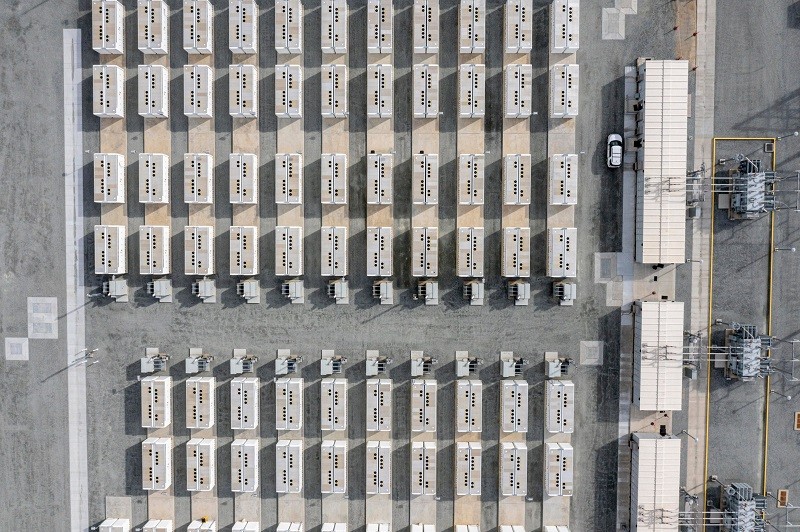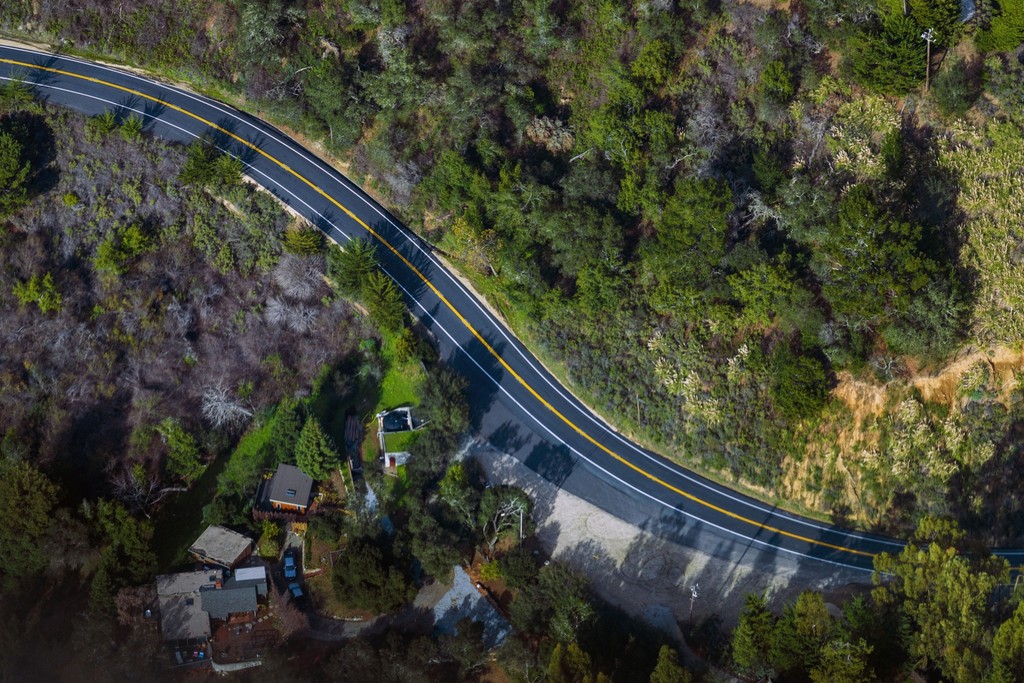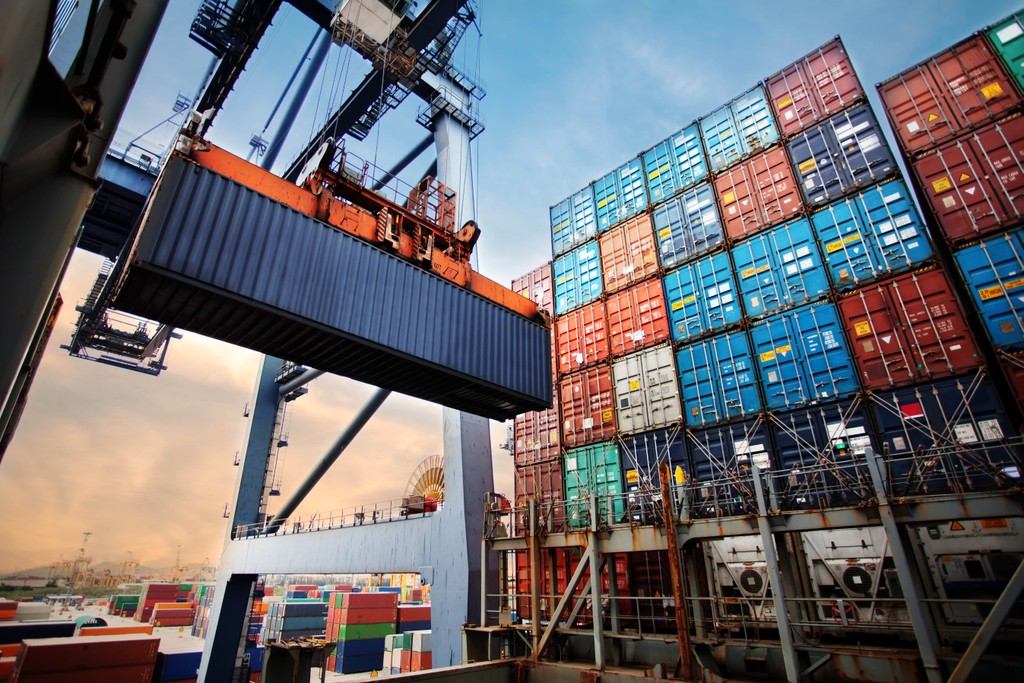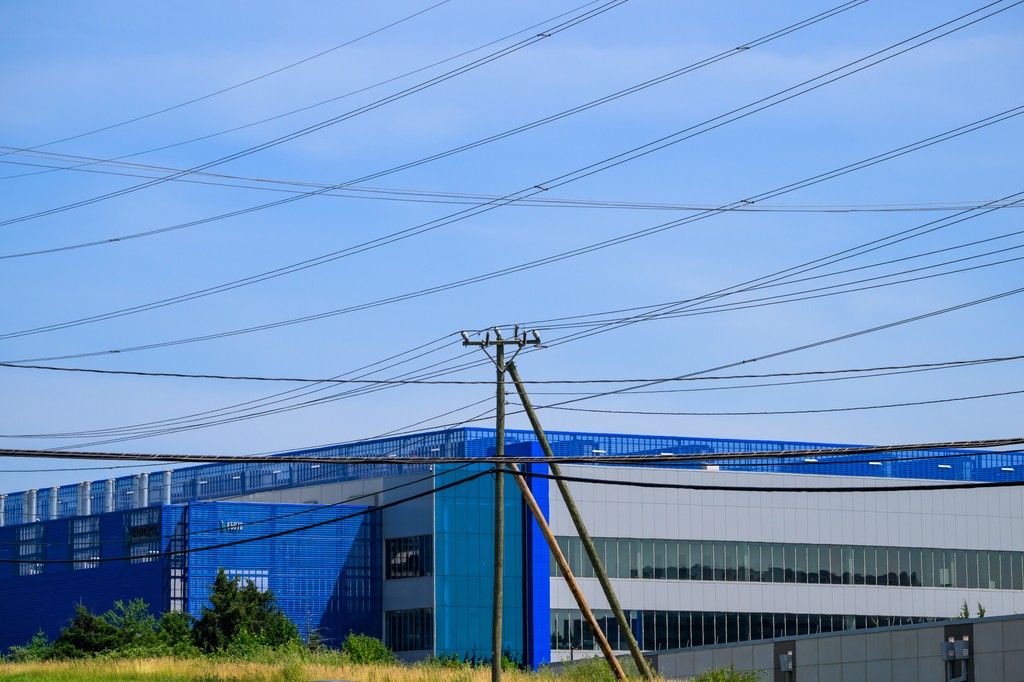PRESS RELEASE
Solar and Batteries can Meet Malaysia’s Growing Electricity Demand Without Compromising Energy Security and Affordability
● BloombergNEF’s Malaysia: A Techno-Economic Analysis of Power Generation finds that solar power is the cheapest source of electricity generation for Malaysia
● Solar paired with batteries could become more economically viable than new gas and coal power plants by 2026 and 2028, respectively
● Using clean hydrogen and its derivative ammonia to reduce emissions from Malaysia’s thermal power plants may not be financially viable in comparison
Singapore, April 9, 2025 – Under its National Energy Transition Roadmap, Malaysia is aiming to phase out coal power by 2044 and achieve net zero by 2050. According to BloombergNEF’s latest report Malaysia: A Techno-Economic Analysis of Power Generation, scaling-up renewables would be the most economic pathway for Malaysia to achieve these goals. In comparison, retrofitting thermal power plants for hydrogen blending or ammonia co-firing are both more expensive and less effective in abating emissions. Similar challenges apply to the usage of carbon capture and storage technology at existing thermal power plants.

BNEF’s report shows that the levelized cost of electricity generation (LCOE) for new utility-scale solar power plant became cheaper than a new combined-cycle gas turbine plant in Malaysia back in 2018. In addition, the LCOE of new solar plants this year will be lower than the short run marginal cost (SRMC) of existing coal power plants as well as combined cycle gas turbines (CCGTs). BNEF expects a solar plus 4-hour storage project to become cost-competitive against a new gas and coal plant by 2026 and 2028. The analysis indicates that the cost of firmed power from solar-with-storage plants may become cheaper than gas and coal SRMCs by 2027 and 2045, respectively.

“Our report shows just how much more cost effective solar and batteries can be for Malaysia compared to continued reliance on thermal power plants,” said Felix Kosasih, BNEF’s Indonesia and Malaysia lead analyst and co-author of the report. “Malaysia can manage its energy transition and solve the energy trilemma of sustainability, security and affordability by accelerating renewable power additions and grid capacity expansion, while limiting new thermal power capacity addition.”
Malaysia’s Sarawak state aims to produce green hydrogen using its abundant hydropower. BNEF’s analysis suggests that electrolysis run with hydro-dominated grid power could produce domestic low-carbon hydrogen more cheaply than imports. However, using such cheaper clean hydrogen for reducing emissions from thermal power plants will still not be economical. The report shows the minimum carbon prices required for supporting deployment of carbon capture and storage for thermal power plants would be above $48 per metric ton of CO2 even by 2050. Carbon prices required to incentivize use of clean ammonia at existing coal plants would exceed $190 per metric ton of CO2.
“Clean hydrogen needs to be prioritized for hard-to-abate sectors where direct electrification is not possible,” said Siddharth Shetty, BNEF’s South and Southeast Asia lead hydrogen analyst and co-author of the report.“ Direct renewable energy use is far more effective and affordable to decarbonize the power sector.”
Solar power accounted for only 3.4% of Malaysia’s electricity supply in 2024. BNEF’s Net Zero Scenario shows, solar can supply 39% of Malaysia’s electricity in 2050 while strengthening the country’s energy security and eliminating emissions. For a copy of the full report, Malaysia: A Techno-Economic Analysis of Power Generation, please visit the following link.
Contact
Oktavia Catsaros
BloombergNEF
+1 212 617 9209
ocatsaros@bloomberg.net
About Bloomberg
Bloomberg is a global leader in business and financial information, delivering trusted data, news, and insights that bring transparency, efficiency, and fairness to markets. The company helps connect influential communities across the global financial ecosystem via reliable technology solutions that enable our customers to make more informed decisions and foster better collaboration. For more information, visit Bloomberg.com/company or request a demo.

